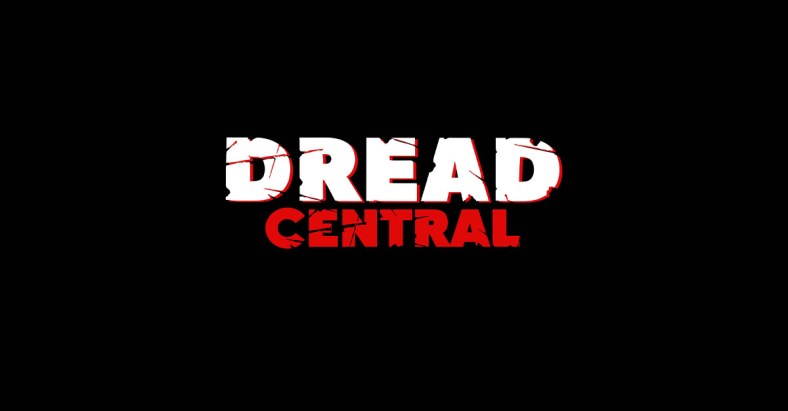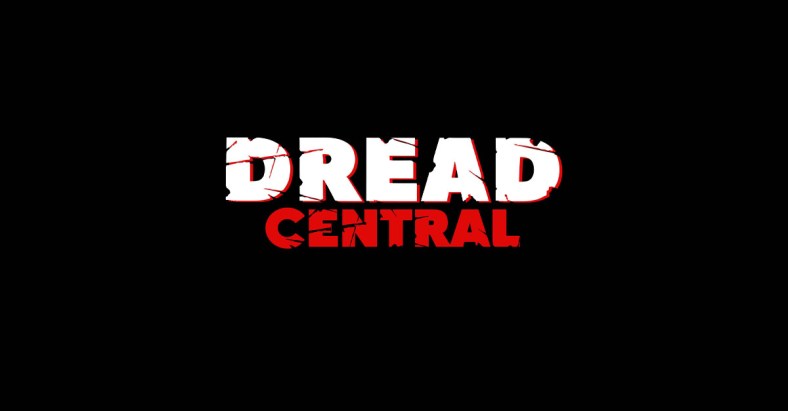Larry Cohen Talks His Career Overall, Hanging Out with Hitchcock, Maniac Cop, and More!

If you’re lucky enough to be in New York City this weekend, the newly renovated and re-opened Quad Cinema is screening seven of Larry Cohen’s films to showcase the legendary filmmaker’s 60-year career. From It’s Alive to the blaxploitation staple Hail Caesar, Cohen has managed to make films for himself that so many of us have embraced.
For horror fans, the extended “Whisper” cut of God Told Me To screens Saturday, with Q:The Winged Serpent and the Eighties cult classic The Stuff playing on Sunday. Cohen will be present at most screenings, but check out the Quad Cinema website for more details.
I had the honor of speaking to Cohen about his career, his close relationship with Alfred Hitchcock, his feelings about the Maniac Cop remake from producer Nicolas Winding Refn, and more so dig in!

DC: Are you thankful you came up in the era of filmmaking that you did? Looking back, do you feel like you had great timing as a filmmaker?
LC: Well, I like the fact that I grew up in a time when if you made a movie, it got to play in theaters on a big screen and you got to go and see it with an audience. You got to go to the theater to see a line outside of the theater, people buying tickets. It was kind of a communal experience to see a movie; you saw it with a crowd. The chances of getting theatrical plays in major theaters is difficult because the big, big 250-million-dollar movie is playing at five different theaters at the multiplex. So there’s no room for anybody else.
DC: Well, I know a lot of people did discover your movies on DVD and they had a little bit more of a life because of that, so that’s a positive.
LC: Well, the history of the motion picture business is many movies that didn’t have much success originally became famous on television, like It’s A Wonderful Life, Frank Capra’s picture. It was a flop when it came out and became a big success. Movies have a strange life of their own. They’re like your kids; you have your kids, you raise them, and they go out into the world and lord knows what they’re gonna do.
DC: You’re so connected to New York. Do you love New York City more or less than you did when you first started?
LC: Of course, it’s different now because I couldn’t do the same kind of stuff I did years ago because of security. Today, if I was doing some of the action sequences and the chases and the gunfights and stuff that I did, we’d be in terrible trouble. We couldn’t be firing machine guns off the top of the Chrysler Building or having people get shot in front of Trump Tower. So, it’s a whole different city.
DC: Is the Chrysler Building scene in Q: The Winged Serpent probably the craziest thing you did as a filmmaker?
LC: It was certainly one of the most dangerous things I did because I don’t like heights particularly, and here I was shooting a movie right at the top of the Chrysler Building. I mean, this isn’t a fake like you see in regular movies where they simulate everything. We were actually up there with the entire crew and all the actors. It’s a very small space up there, and there’s no glass on the windows; it’s all open. So you just take a couple of steps in the wrong direction, and you fall off the Chrysler Building.
DC: I’m glad you didn’t.
LC: I’m glad, too. This would be a very short interview.
DC: Would you say that Uncle Sam, which you wrote, is your most political film?
LC: It’s not one of my favorite movies, but the script was good, and the idea of taking a symbol of America and making him into a demon of some kind was a good idea. It’s like taking ice cream and making it into a villain in The Stuff or taking a baby and making it into a villain in It’s Alive. And also Maniac Cop that turned the police officer into a monster. So, I’ve taken these images that have always been associated with benevolence and tried to turn them into objects of terror.
DC: What do you think about the Maniac Cop remake? It was also a shame to hear of Robert Z’Dar’s passing a couple of years ago.
LC: As far as I know right now, there is no Maniac Cop remake. They haven’t been able to get the financing together. They have to pay me for the character for remaking the picture, but I didn’t write the script for this one. As far as Robert Z’Dar goes, I never liked him in the part anyway. I wanted them to just hire a good stuntman who could physically move around that was agile, and it wasn’t what I wanted. I’m not responsible for the ones I didn’t direct.
So far, they’ve been talking about this for several years, but nothing’s happened yet. I wish them luck though because, after all, I have a financial interest in it being made. I wish them luck, but I have nothing to do with the picture.
DC: Some people wouldn’t connect you with somebody like Hitchcock. When did you first become involved with him? Was it the original idea for Phone Booth?
LC: No, I pitched him an idea for a movie in New York at the St. Regis Hotel, where he liked to stay, and we spent three and a half hours together. Then I went to California after that to work on it with him, and Universal talked him out of doing the project. So, that didn’t work out. We were friends enough where I had lunch with him a few times at Universal, and it was always at least three hours every time. And we talked about movies, and he loved to tell you stories; he loved to tell you movies he never made. He loved to tell you historical stuff about Jack the Ripper and anything else he thought might be interesting. We had a lot of fun together. We never made a picture together, but we did talk about maybe doing something in a phone booth, but it never came about.
DC: What are some of the differences with this “Whisper” cut of God Told Me To that fans will be seeing this weekend?
LC: There are maybe four or five different scenes that are not in the final picture that are dramatic scenes that are quite good. I shouldn’t have cut them out, but we were trying to streamline the picture and we put in some special effects that really weren’t necessary. I like this cut better. So, it’s a chance for people to see the other version.
This is the only print of it. It’s never going to be shown anywhere else. It only has a temp music track of Bernard Herrmann’s music… this is just a special showing.
DC: That’s why it’s still great to go to the movie theater sometimes because you can still see things you can’t see anywhere else.
LC: Yeah, I guess so! We’ll see how the audience reacts to it.
DC: Somebody like Hitchcock has a lot of documentaries made about them; now, you’ve got your own documentary, King Cohen. What do you think of the film?
LC: I didn’t see the final one, but what I saw, obviously, I liked. It’s always nice to have somebody saying nice things about you. The clips are quite good. I think they did a very nice job, and they put a lot of time into it. We’ve been, so far, invited to five or six film festivals so I think the thing is going to get exposure.

Categorized:News

